PROTECT YOUR DNA WITH QUANTUM TECHNOLOGY
Orgo-Life the new way to the future Advertising by AdpathwayThe advice to avoid diagnosing our Reiki clients is something that practitioners hear often. It’s almost impossible to go through any Reiki training worth its salt and not encounter that refrain. And there are good reasons for that (which I will delve into in the course of this piece).
However, I see two main issues with this advice that we don’t normally talk about.
The first is the fact that practitioners are usually not given a helpful alternative to offering diagnoses.
I think the biggest reason for this is that many Reiki teachers are of the opinion that conducting a Reiki session is about just that: channeling Reiki to the recipient. And to go beyond that is to needlessly overstep your bounds.
And this makes perfect sense. If we went to a counselor, for example, with the understanding that we would be listened to and offered some guidance, but instead received Reiki in addition to the counseling, that would be confusing at best. There is definitely a need for practitioners to stay within the purview of their roles.
But at the same time, things are not always that clear-cut. Even though many people do understand that going for a Reiki treatment involves having their body worked on, they will often want the practitioner to do more than simply lay their hands on them. They might want to know what the practitioner was able to sense or detect and what that might mean for them. And many healers do receive relevant intuitive information regarding their clients’ wellbeing.
Another way that things can get complicated is if a Reiki practitioner specializes in deep-seated issues that require them to see their clients on a long-term, rather than a once-off, basis. In such cases, simply offering a treatment won’t do. Tools for assessing the client and reviewing the treatments and charting progress will be essential.
In all of these cases, showing Reiki practitioners how to share information and handle clients – in a way that doesn’t prescribe or assume the practitioner knows more than the client – is more helpful than simply discouraging them from offering diagnoses.

The other problem I have with telling Reiki practitioners not to diagnose their clients is that it is, in my humble opinion, a form of capitulation to the idea that natural forms of healing are not as effective as conventional medicine.
One of the reasons we’re advised against diagnosing clients is because it’s never our place to tell patients what is wrong with them or what to do.
The body, like Reiki, has a wisdom of its own; each person, on some level, knows what they need to thrive and our primary goal is to guide our clients to this innate knowing. This is not in dispute.
But it is interesting that when it comes to traditional medicine, the need for the patient to trust their own bodily wisdom and their innate capacity to heal is not emphasized as much.
Why? Because somehow we’ve all internalized this idea that practitioners with a medical license know better than anyone else, including the patient.
There has historically been a concerted effort by the medical establishment to discredit natural forms of healing, and there are still some in the medical field who dismiss its potency. And as a way of protecting themselves many alternative healers make it very clear that the treatments they offer are not meant to act as a cure or to replace medical attention. And this desire to shield ourselves from malicious legal action is completely understandable.
Additionally, there are many cases where prioritizing medical intervention, rather than energy healing, would be the more appropriate response. Cases involving surgery or severe physical injury, for example. And it’s important for energy healers to clarify the fact that alternative healing is not a substitute for conventional medicine.
But I believe more practitioners need to start affirming the power that alternative medicine, including Reiki, has to heal and to celebrate the wisdom that natural healers, by extension, possess.
And I believe it’s possible to do this without succumbing to a medical model of treating clients – by walking alongside, rather than ahead of, our clients on their journey back to wholeness.
Article by Thandiwe Msimuko
Free eBook download: We’ve created an eBook with our best articles on this topic, and offer it for free to all our newsletter subscribers.
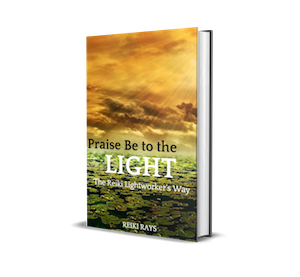
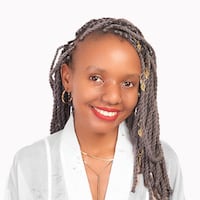 Thandiwe Msimuko
Thandiwe MsimukoPassionate about energy work, Thandiwe Msimuko took up Reiki in 2021, eventually getting certified when she saw how much it helped her heal aspects of her childhood sexual trauma and felt inspired to help similarly affected women.
Besides Reiki, she’s committed to learning to access her own and other people’s Akashic Records, and is fascinated by the connection between Reiki and Akashic energy. She shares tips and insights gleaned from her Akashic journey at: dailydoseofakasha.substack.com


 4 days ago
15
4 days ago
15










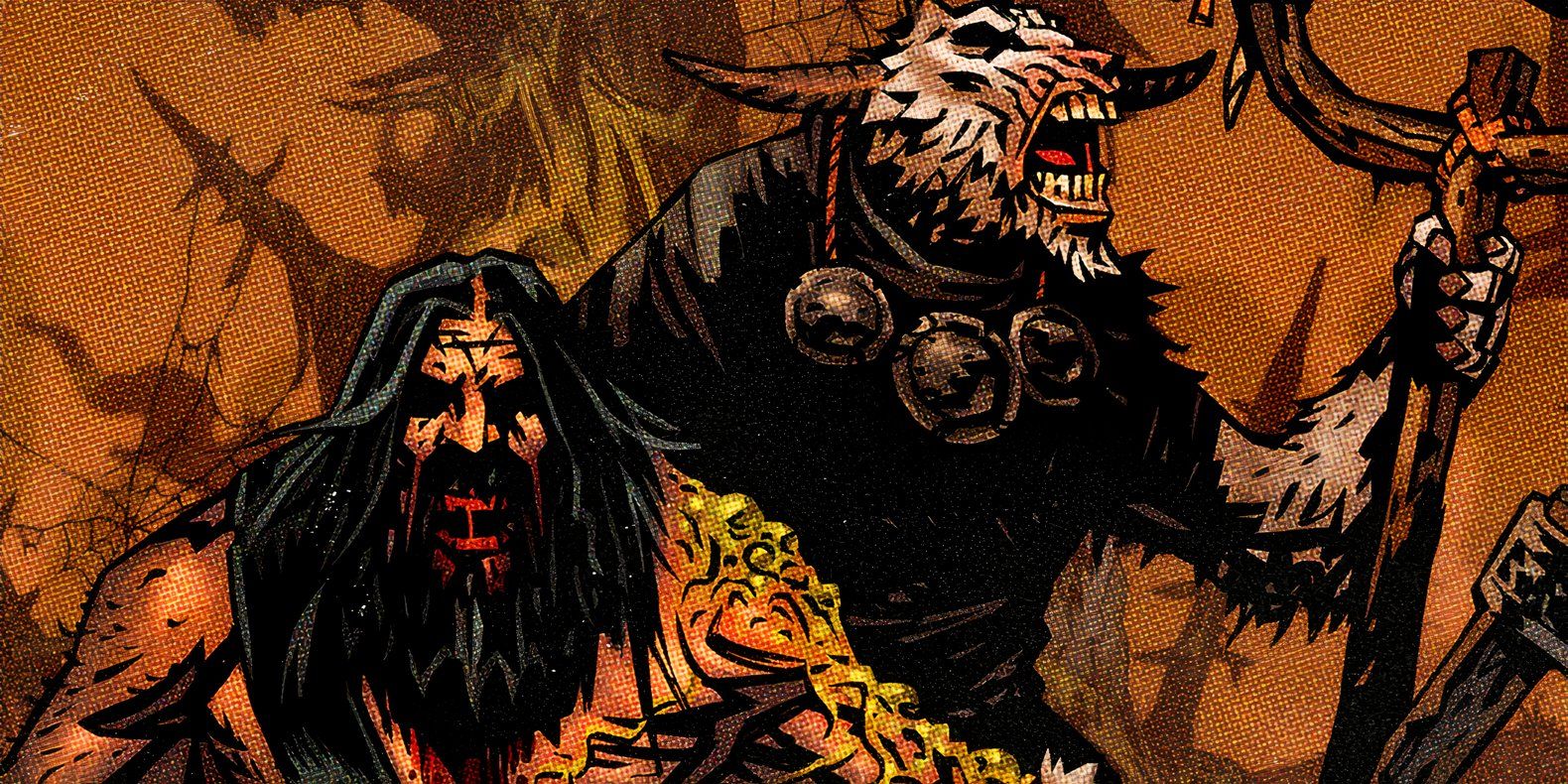

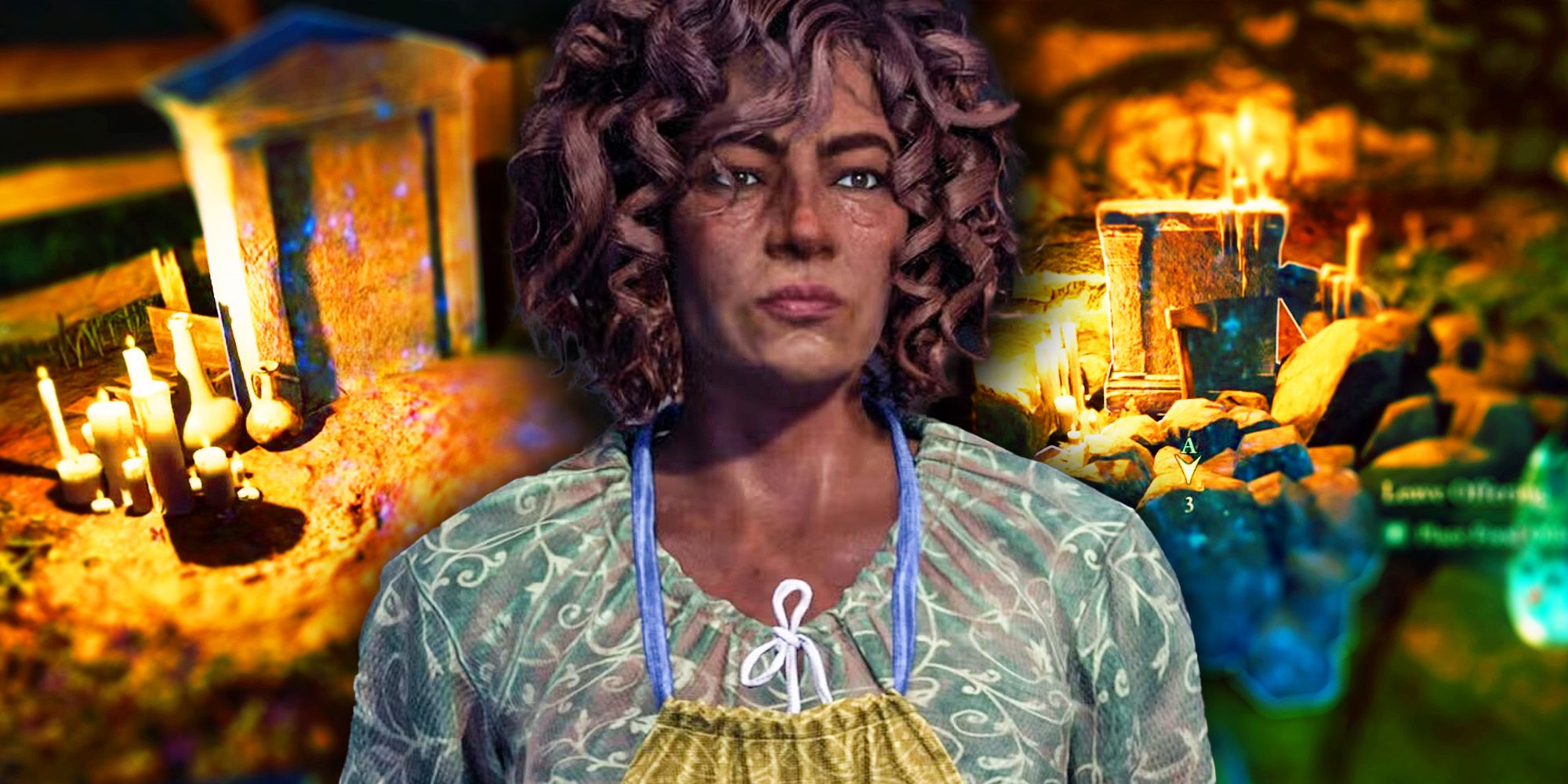


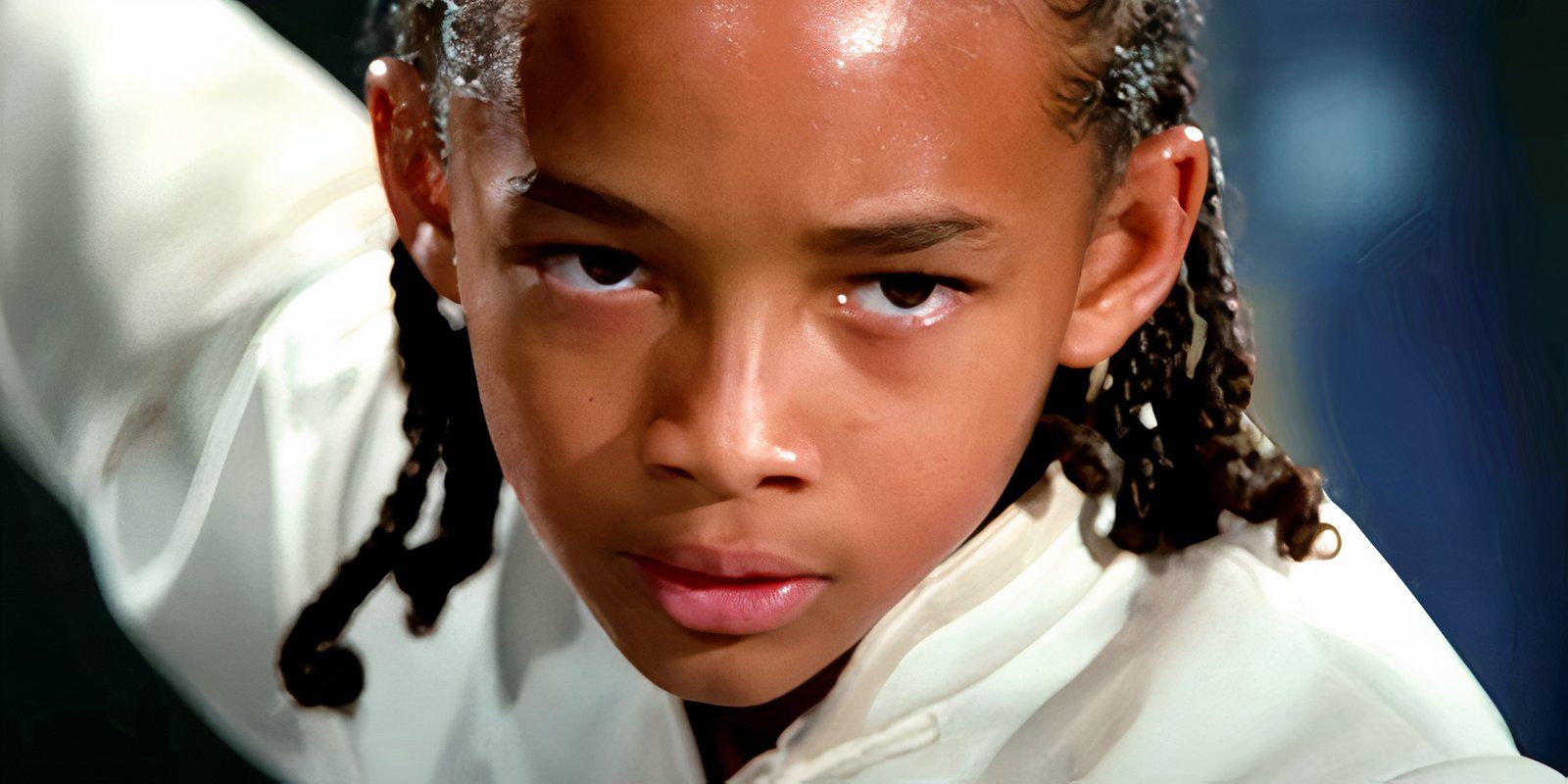



 English (US) ·
English (US) ·  French (CA) ·
French (CA) ·